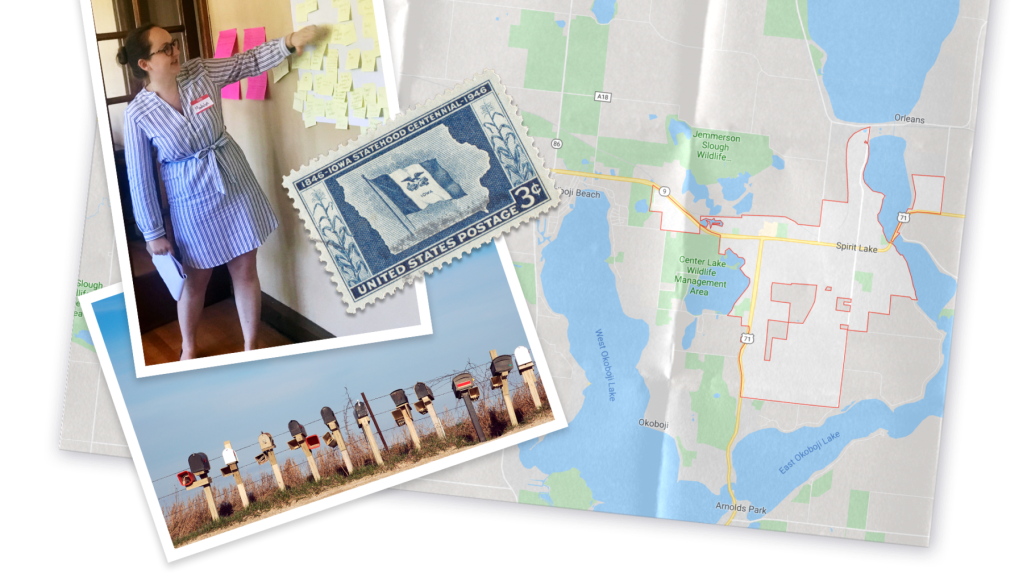Nation & World
-

U.S. needs to keep its friends closer, Pence says
First-term Trump VP: ‘If America isn’t leading the free world, the free world is not being led.’
-

‘Vibes or hunches’ don’t help win elections
Political analytics conference convenes experts on voter trends, election forecasting, behavioral research
-

U.S. just didn’t get China, Bolton says
Asian nation now main economic, military threat to Western democracies, according to former national security adviser
-
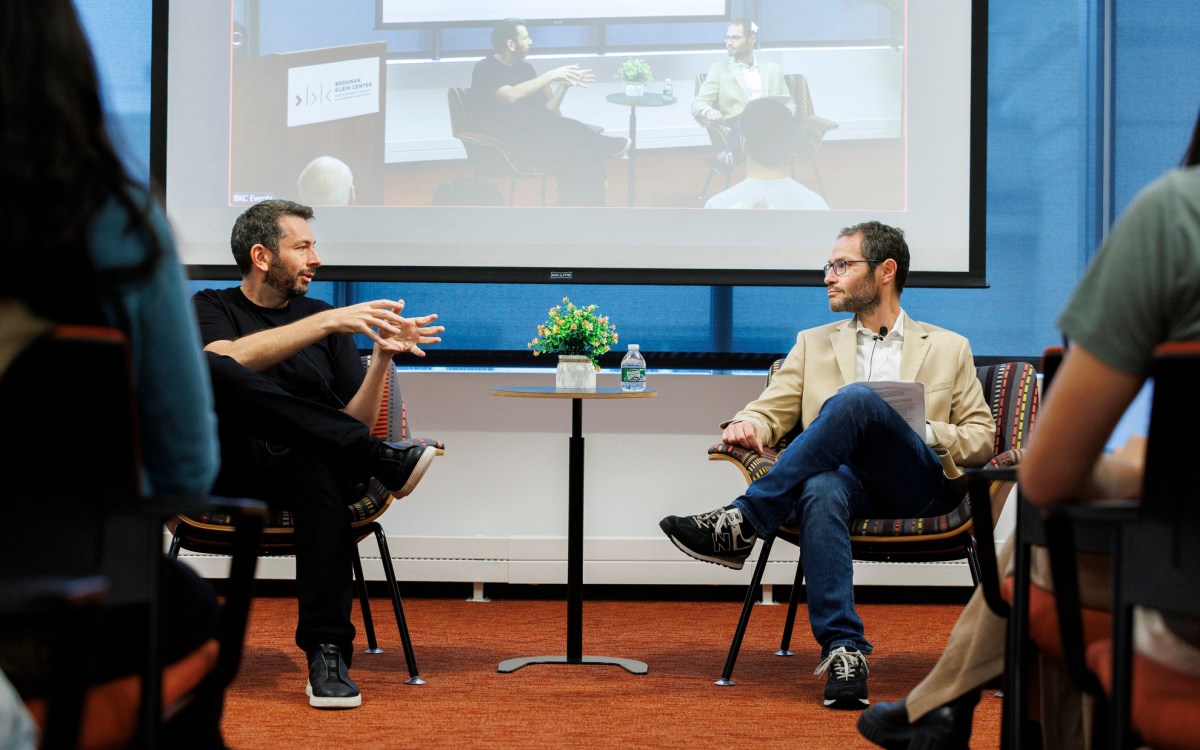
Artificial intelligence may not be artificial
Researcher traces evolution of computation power of human brains, parallels to AI, argues key to increasing complexity is cooperation
-
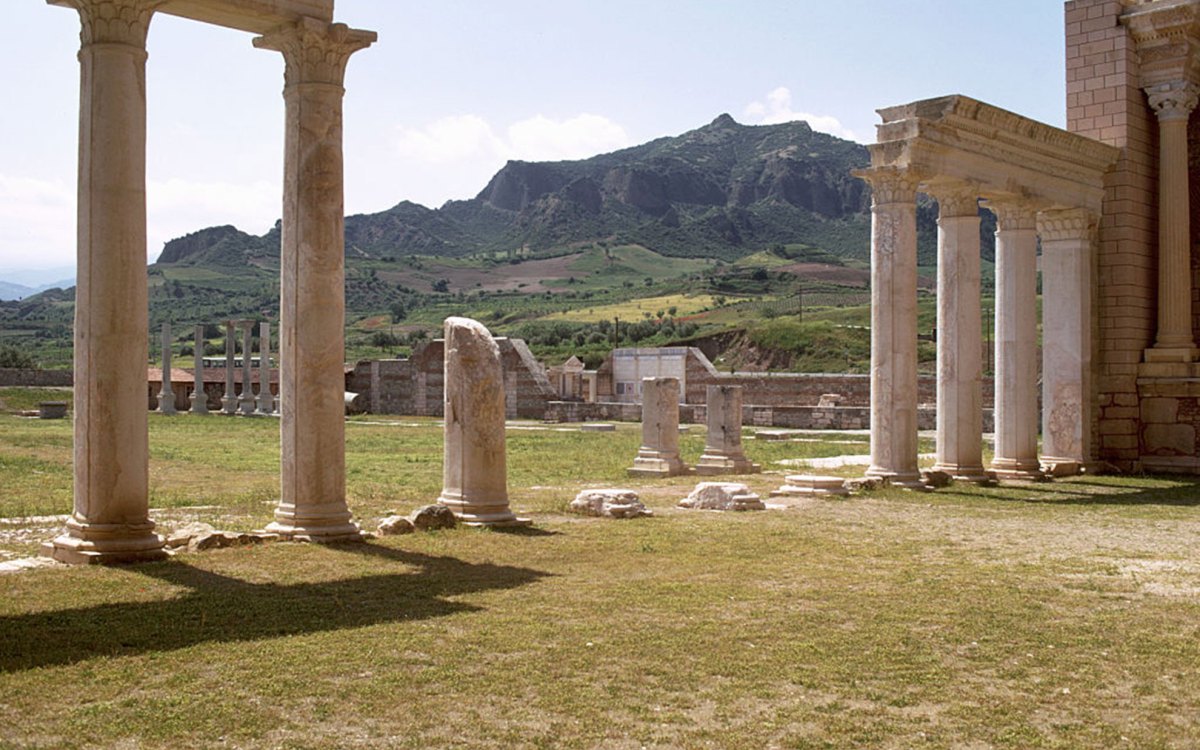
Sardis named a UNESCO World Heritage Site
Designation comes as Harvard’s decadeslong archaeological dig uncovers new secrets from remains of ancient Turkish city
-
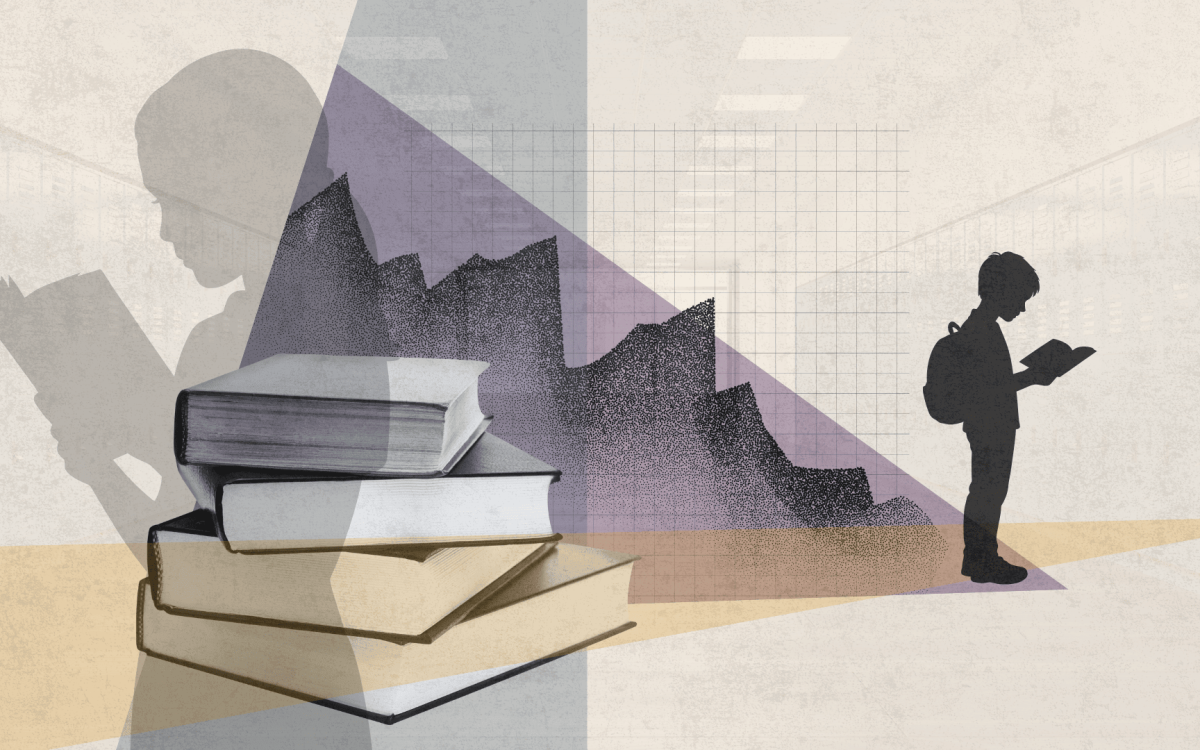
What’s driving decline in U.S. literacy rates?
In podcast, experts discuss why learning to love to read again may be key to reversing trend
-
Brokering an opioid settlement
Alexandra Lahav, a fellow at Harvard’s Radcliffe Institute, explains how a global settlement could handle the more than 2,000 lawsuits filed against drug companies and distributors.

-
Targeting incest and promoting individualism
Harvard Professor Joseph Henrich and a team of collaborators researched how a Roman Catholic Church ban in the Middle Ages loosened extended family ties and changed values and psychology of individuals in the West.
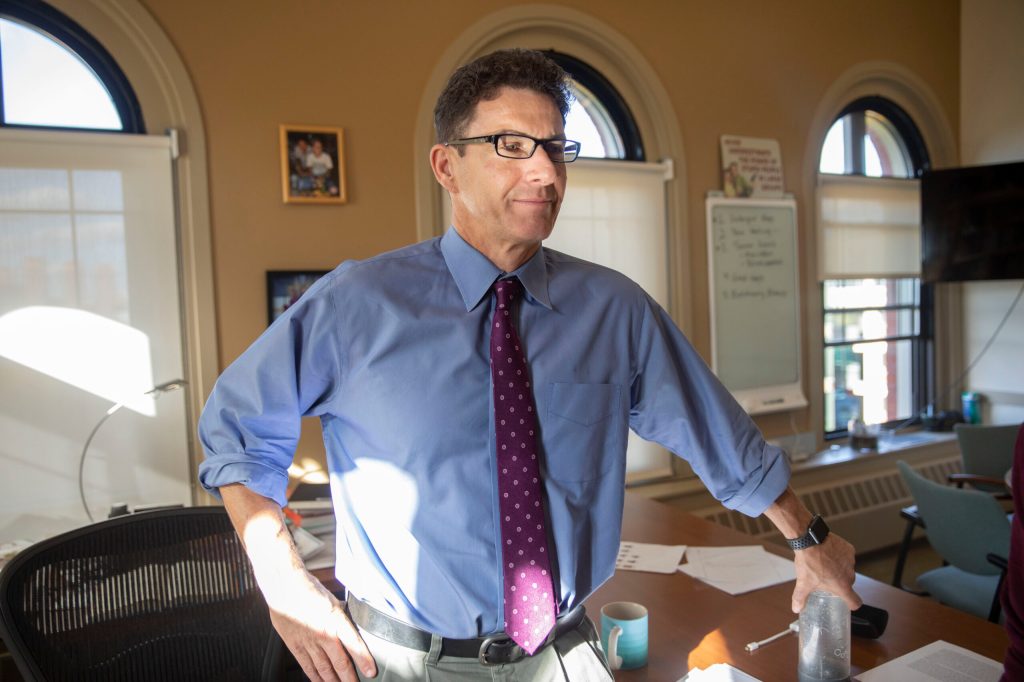
-
Our unrepresentative representative government
In his new book, “They Don’t Represent Us: Reclaiming Our Democracy,” Lawrence Lessig writes about the issues undermining American democracy, such as big money in politics, gerrymandering, vote suppression, and the inequities of the Electoral College system.
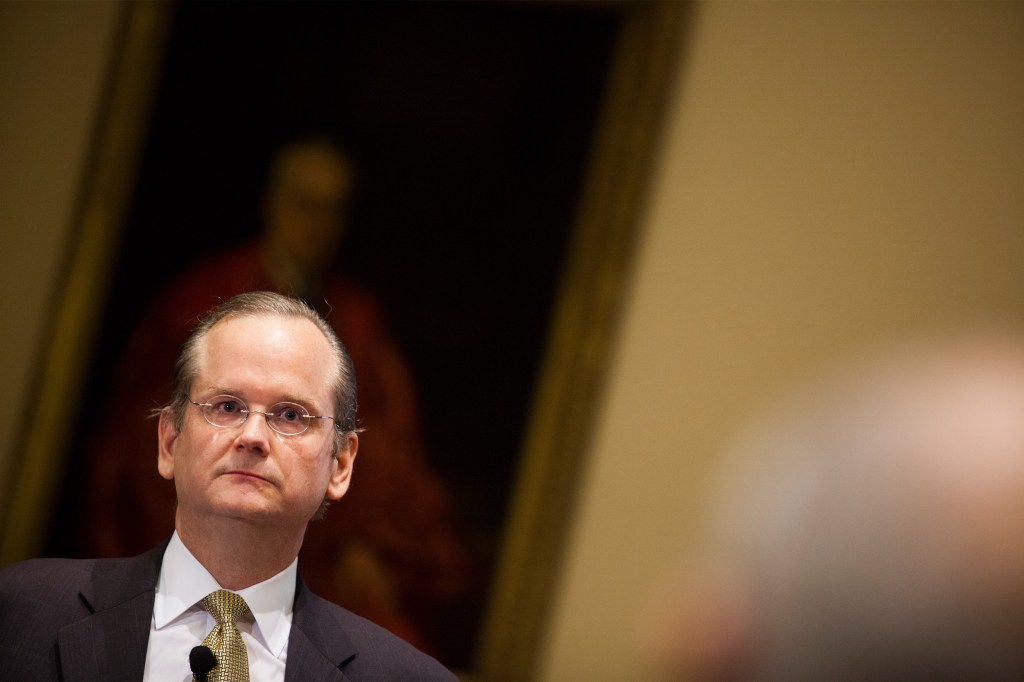
-
Angela Davis looks back
In a wide-ranging conversation Tuesday afternoon, activist Angela Davis reflected on a range of topics, from how music and art can help transform and create community to the challenges of talking about race in America to the need for prison reform.
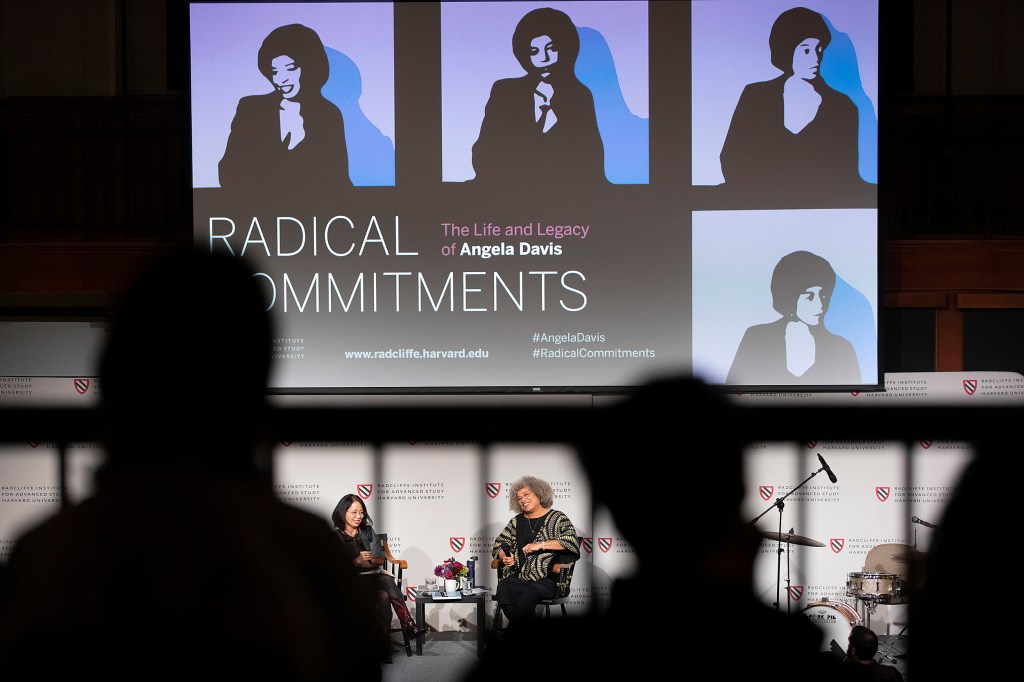
-
American foreign policy in flux
Former career Ambassador Victoria Nuland, a top State Department expert on Russia, Ukraine, and Eurasian affairs, discusses the chaos in Syria, Putin’s biggest fear, and what it was like to be “Patient Zero” of Russia’s phone-hacking attacks.
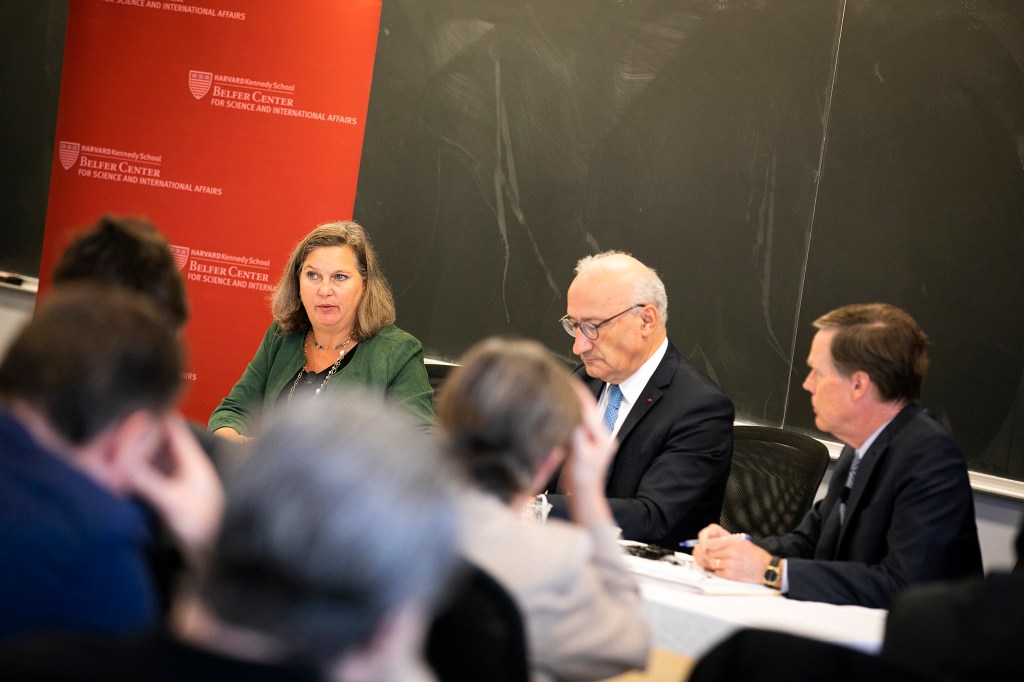
-
How slavery still shadows health care
“400 Years of Inequality” focused on how the effects of slavery have persisted, maintaining a basic disparity in health care.
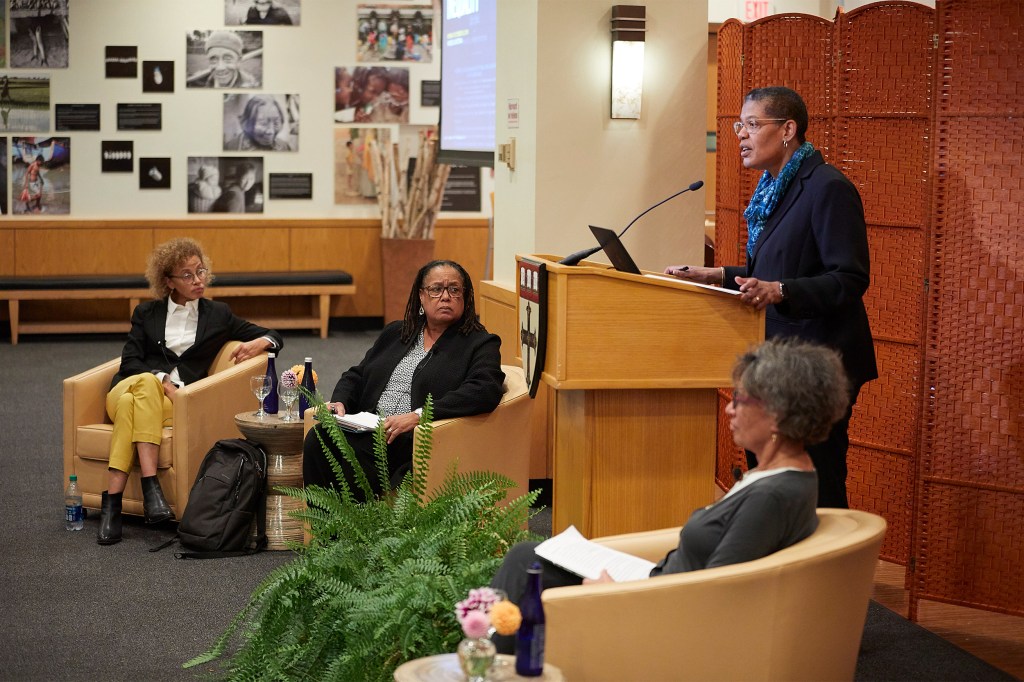
-
The conservative quandary
During a panel discussion at Harvard Kennedy School, several leading conservative voices discuss why the movement’s political tenets still matter, even for a political party loyal to President Trump.
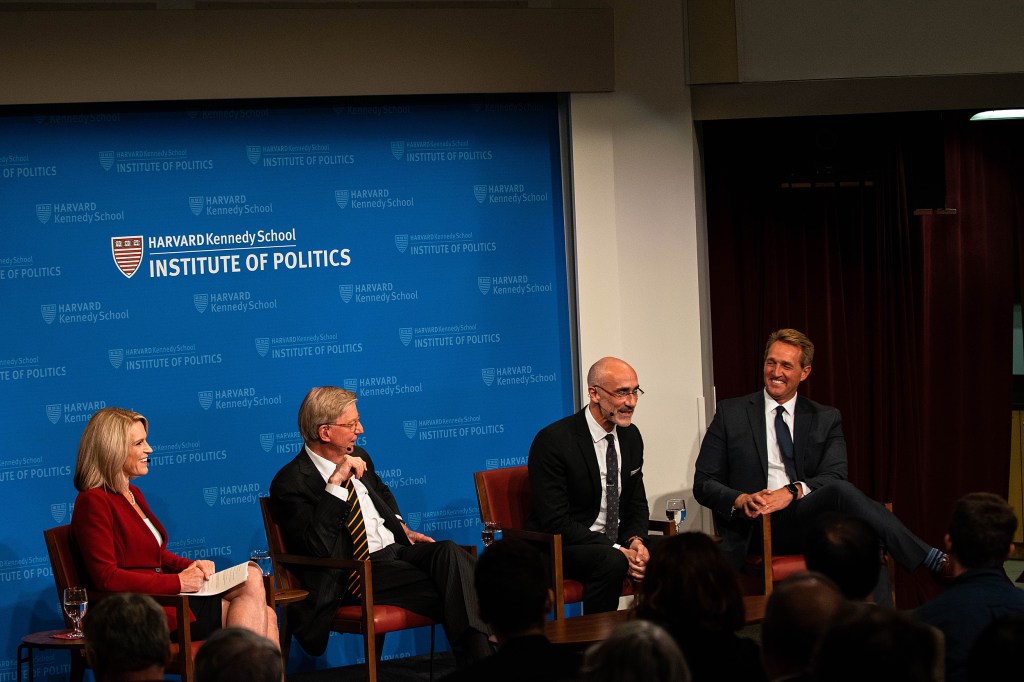
-
A global look at LGBT violence and bias
Q&A with Victor Madrigal-Borloz, the U.N. independent expert on protection against violence and discrimination based on sexual orientation and gender identity.
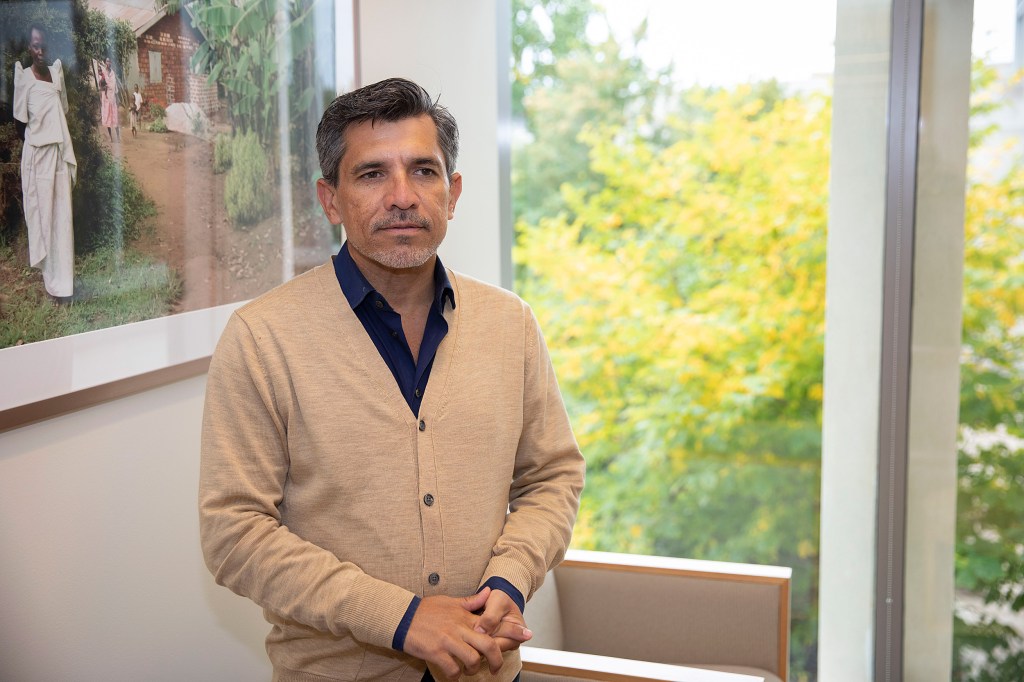
-
Illuminating the path to college
Harvard’s Project Teach helps students envision a future that includes higher education.
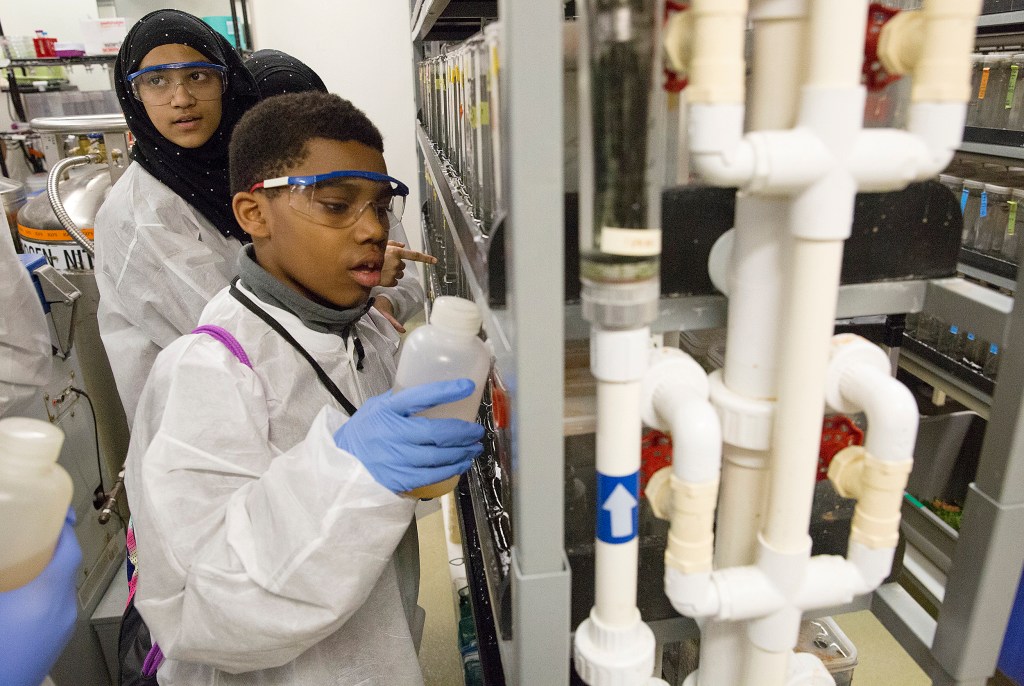
-
Inside the Mueller inquiry and the ‘deep state’
New York Times and New Yorker writer James B. Stewart discusses President Trump’s ongoing war with federal law enforcement agencies and how his effort to label anyone who challenges him as the “deep state” will have damaging repercussions for the nation.
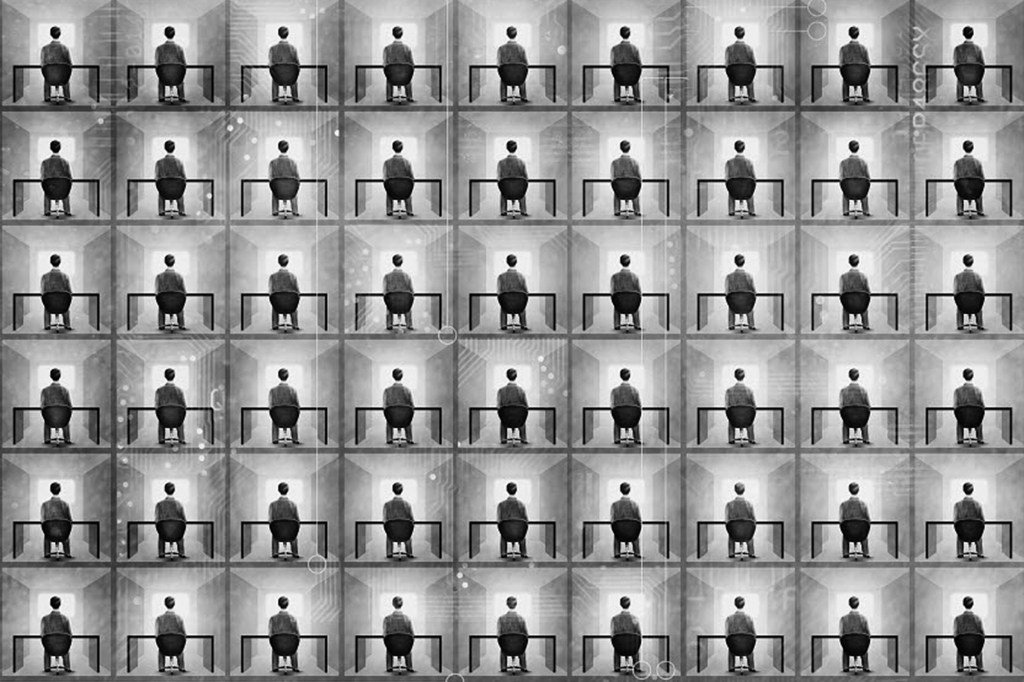
-
Brexit on the edge
With the fate of Brexit up in the air, the Gazette speaks with Peter Ricketts, a former top diplomat and life peer in Britain’s House of Lords, for insight into what may happen next.
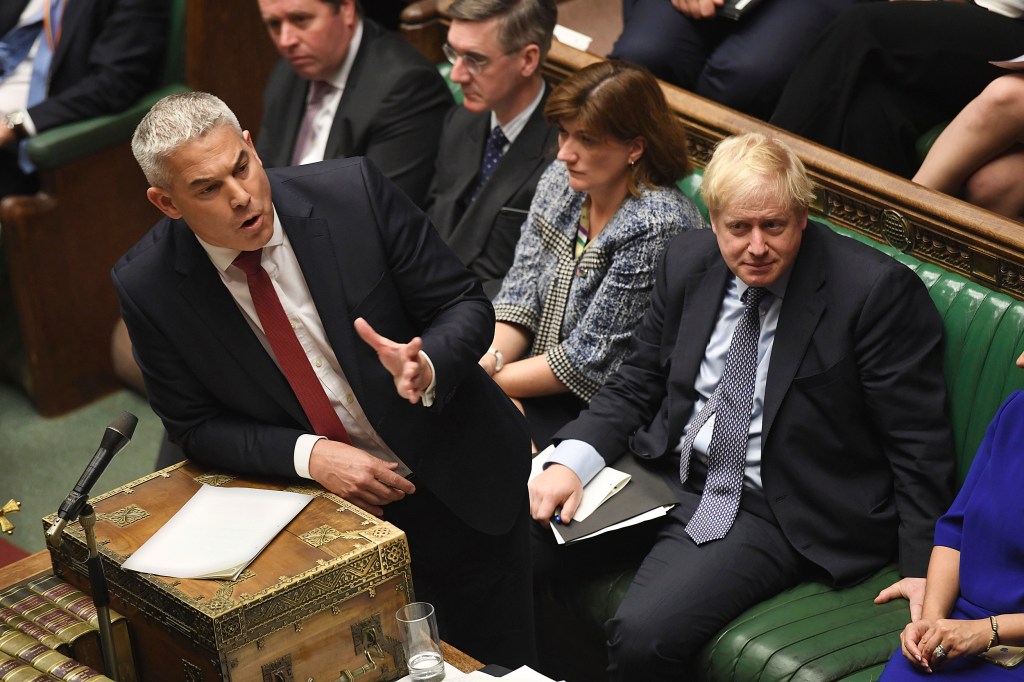
-
End the Electoral College?
Harvard panel speakers differ on whether disabling the Electoral College in favor of a national popular vote would solve presidential selection-system ills.

-
One by one, they’re making a difference
Marking the launch of “To Serve Better,” a series of stories about people committed to improving communities around the nation.
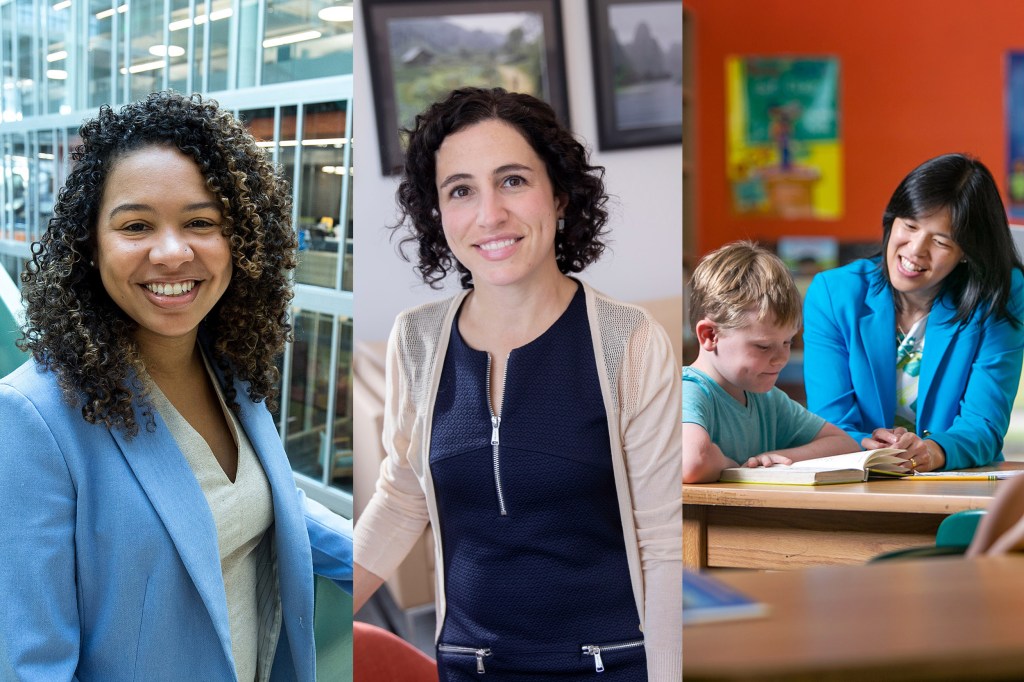
-
Level of campus sexual violence largely unchanged, survey says
A new survey at Harvard and 32 other institutions found that the levels of sexual violence are largely unchanged from a 2015 study. In a Q&A session, Harvard’s co-chairs of a steering committee focused on the survey’s implementation discussed the new results and what needs to happen next.
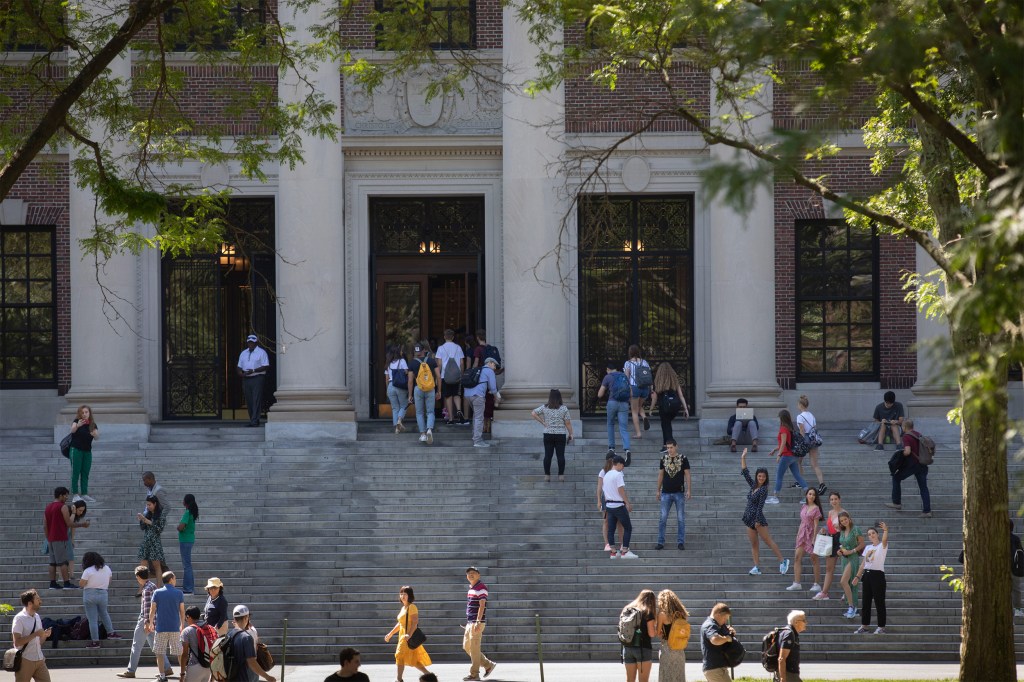
-
Clinton, Nixon, and lessons in preparing for impeachment
Veterans of past impeachment battles offer insiders’ looks into the politics, procedure, and strategy of investigators and lawmakers.
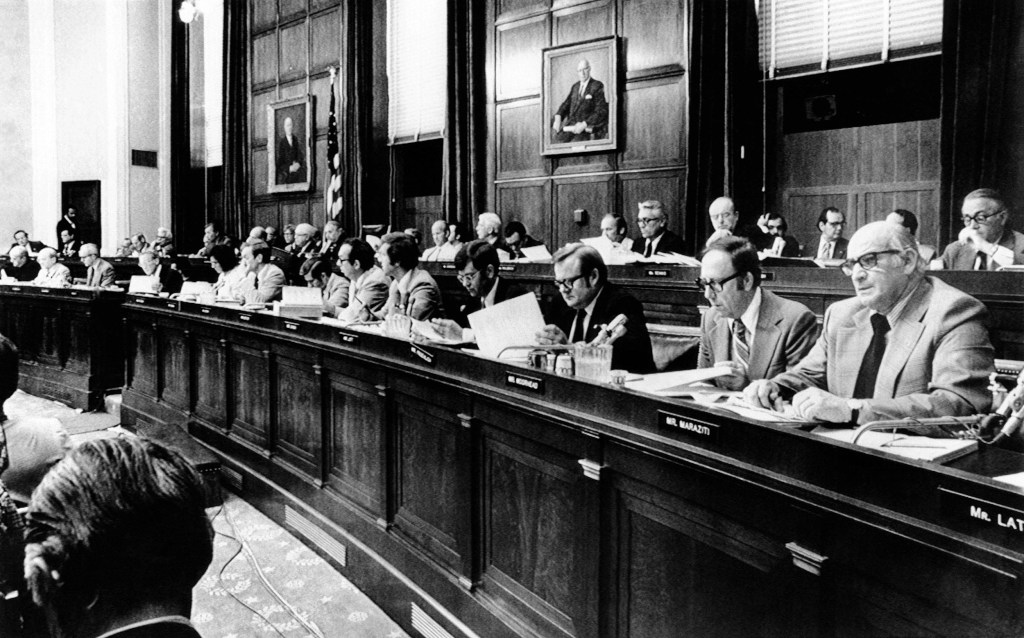
-
A stand-up stands up for migrants and immigration
Cristela Alonzo weaves the experiences of her difficult-yet-joyful upbringing into stand-up humor.
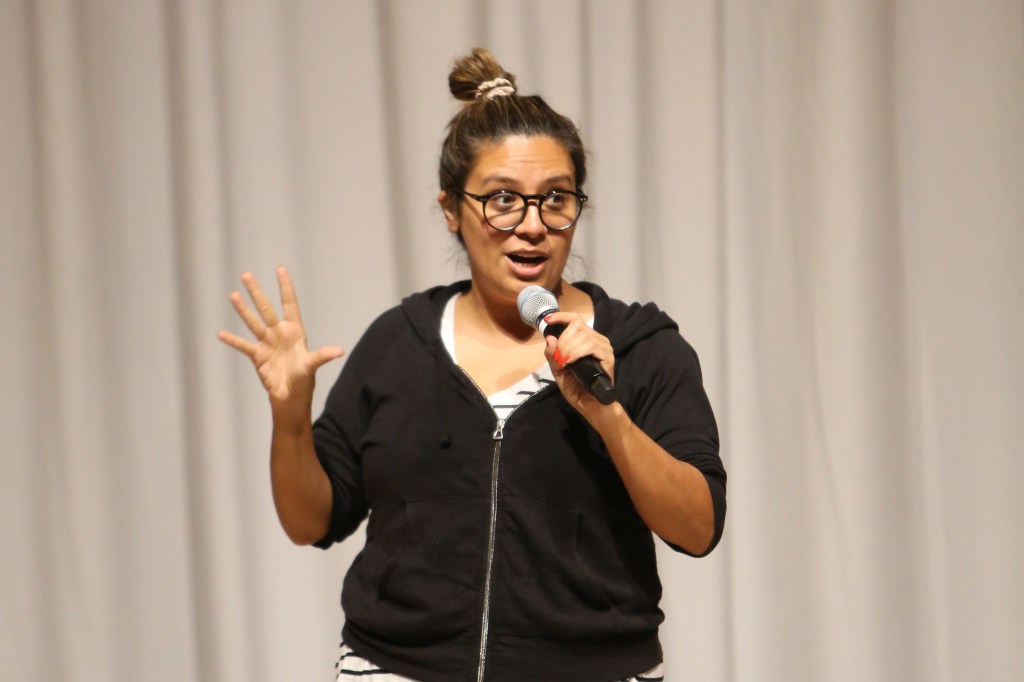
-
Relief and vindication
Members of Harvard and the higher education community react to ruling in admission lawsuit.
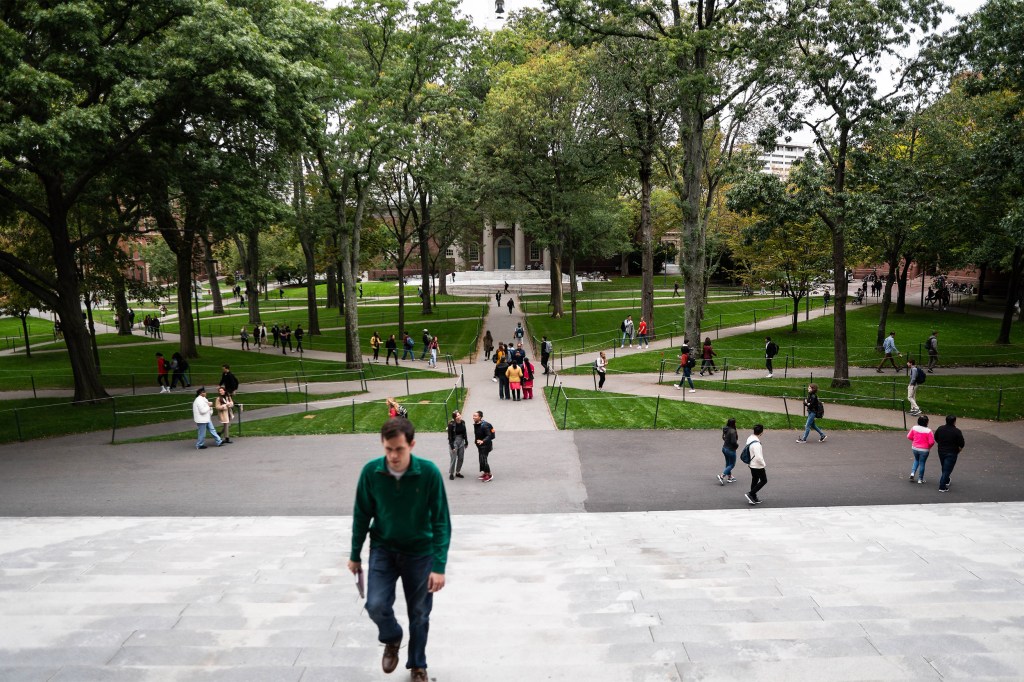
-
Choosing racial literacy
Although she’s only a College sophomore, Winona Guo has not only found what might be her lifelong pursuit, she’s already made a considerable impact doing it —much of it, including co-founding a nonprofit and co-writing a textbook, before she even graduated high school.
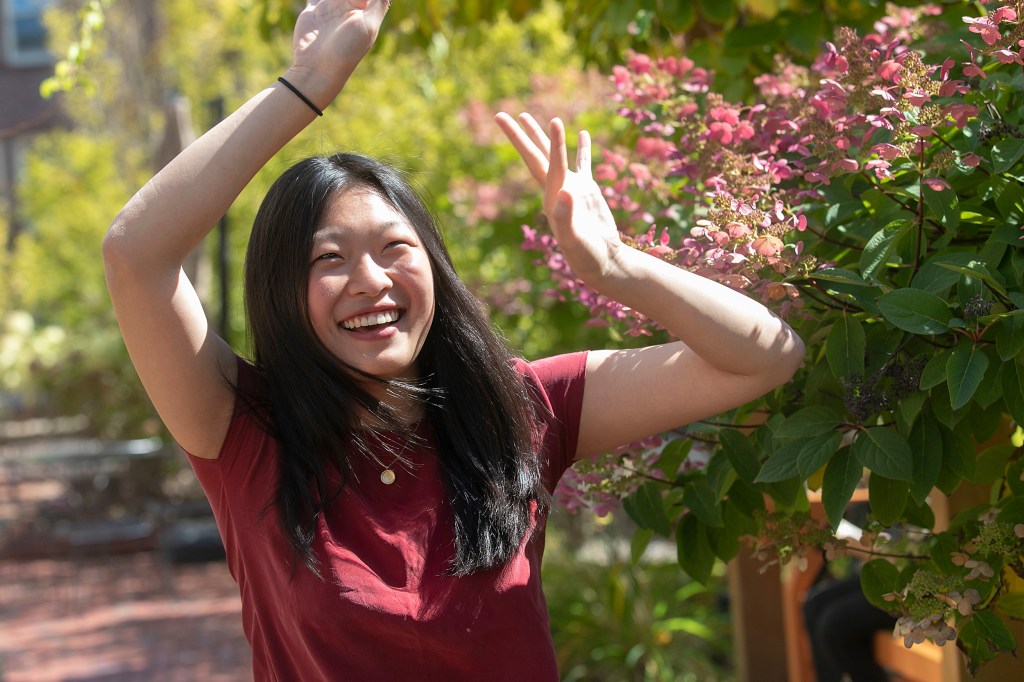
-
A living witness to nuclear dystopia
Setsuko Thurlow, a survivor of the 1945 U.S. atomic bombing of Hiroshima and a nuclear disarmament advocate, shares her experience.

-
The story behind the Weinstein story
Two years after journalists exposed movie mogul Harvey Weinstein’s stunning history of sexual assault against women, which ushered in a tidal wave of sexual harassment and assault accusations against similarly powerful men and the public social media recollections of assaults known as the #MeToo movement, New York Times reporter Jodi Kantor discusses her work on the story with colleague Megan Twohey, which they documented in their new book, “She Said.”
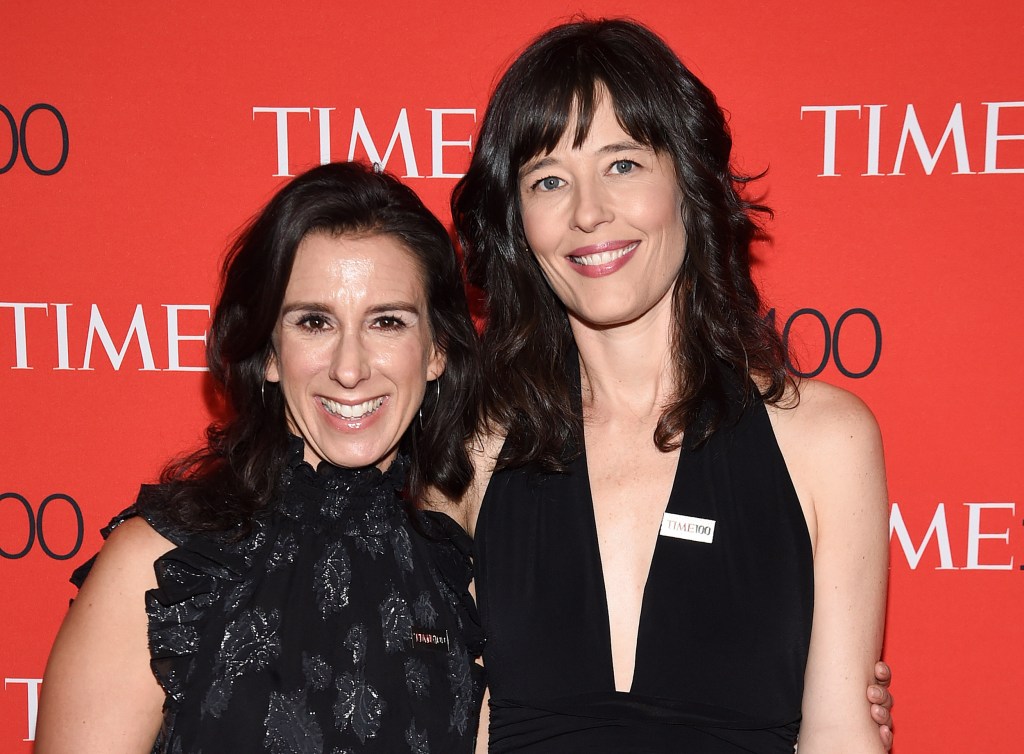
-
Judge upholds Harvard’s admissions policy
Federal Judge Allison D. Burroughs found in favor of Harvard in a ruling that upheld its practice of considering race as one among many factors when reviewing applications to the College.
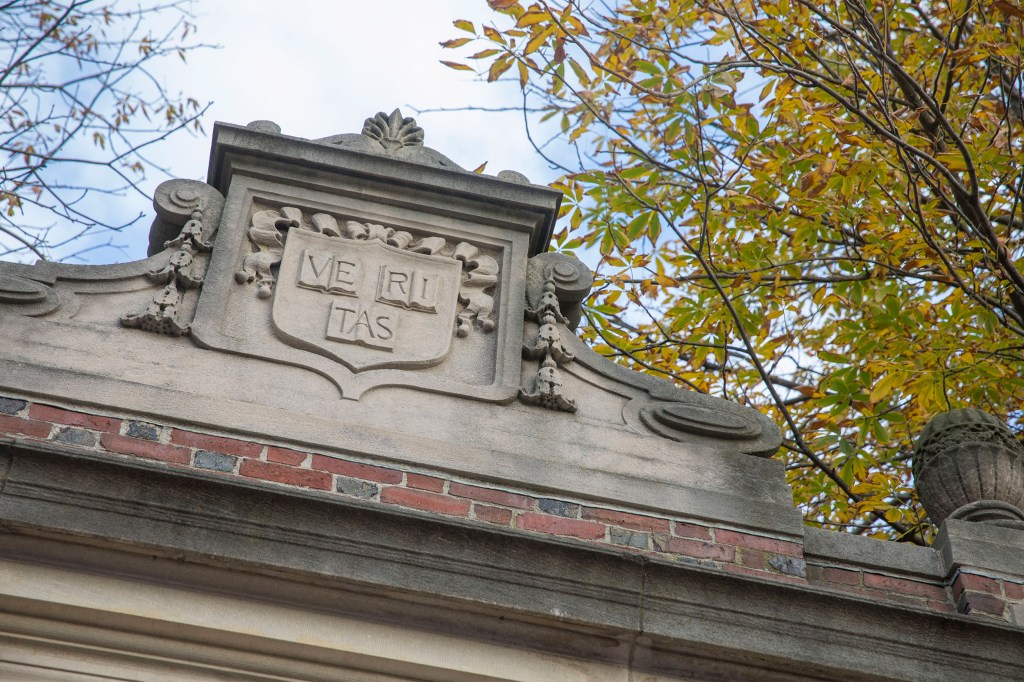
-
A new hunt for Jimmy Hoffa
Harvard Law School Professor Jack Goldsmith digs into the greatest unsolved crime in modern American history, the disappearance of Jimmy Hoffa, to see if he can clear a man he believes has been falsely accused of driving Hoffa to his killers.

-
A Platonic ideal of a news website
Adam Moss, now a fall fellow at the Shorenstein Center for Media, Politics and Public Policy at Harvard Kennedy School, launches an eight-week workshop for students to consider the current business realities of political journalism and develop an ideal of a financially viable news site that delivers what readers want and need.
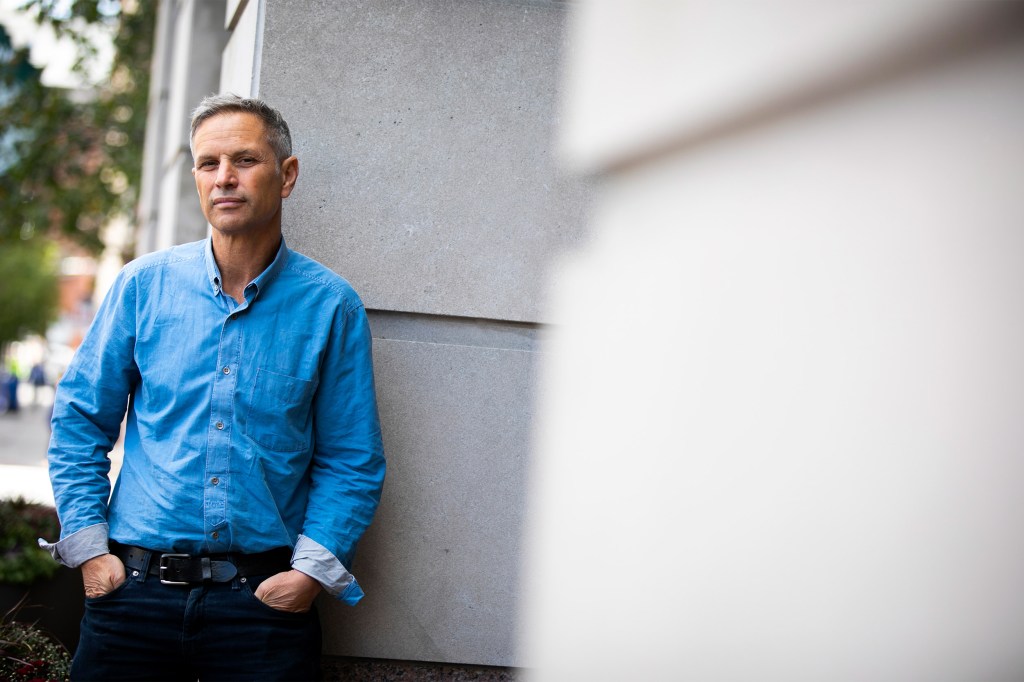
-
To free every child
Nobel Peace Prize winner Kailash Satyarthi will visit the Harvard T.H. Chan School of Public Health to take part in panel discussion and a screening of “The Price of Free,” a documentary about his life and his mission to fight against child labor and trafficking.
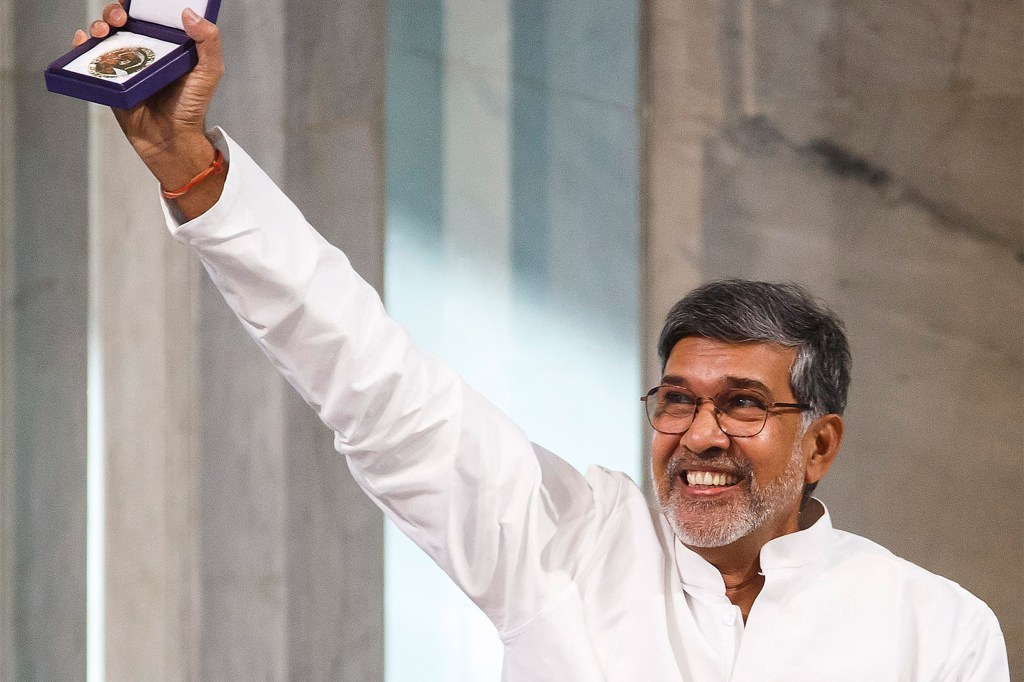
-
On the road to impeachment?
Harvard faculty react to the opening of an impeachment inquiry into President Trump by the House of Representatives and discuss what it may mean for the country.
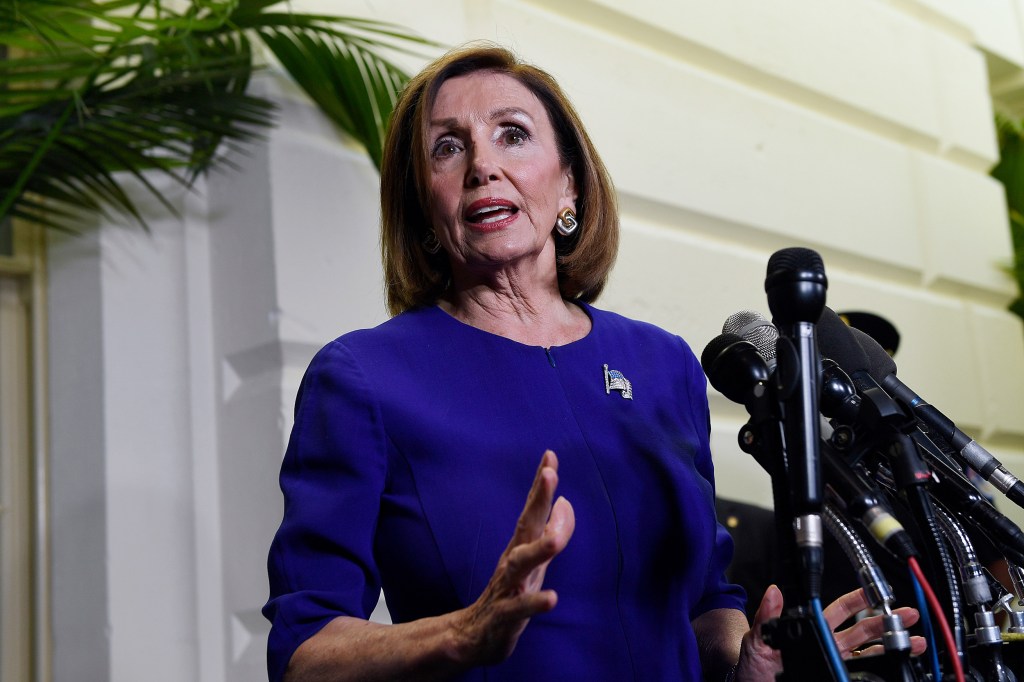
-
Change is collective
Sarah Lockridge-Steckel is co-founder and CEO of The Collective, a nonprofit organization that provides pathways to opportunities for young adults through partnerships with education institutions and employers in her hometown of Memphis, Tennessee.
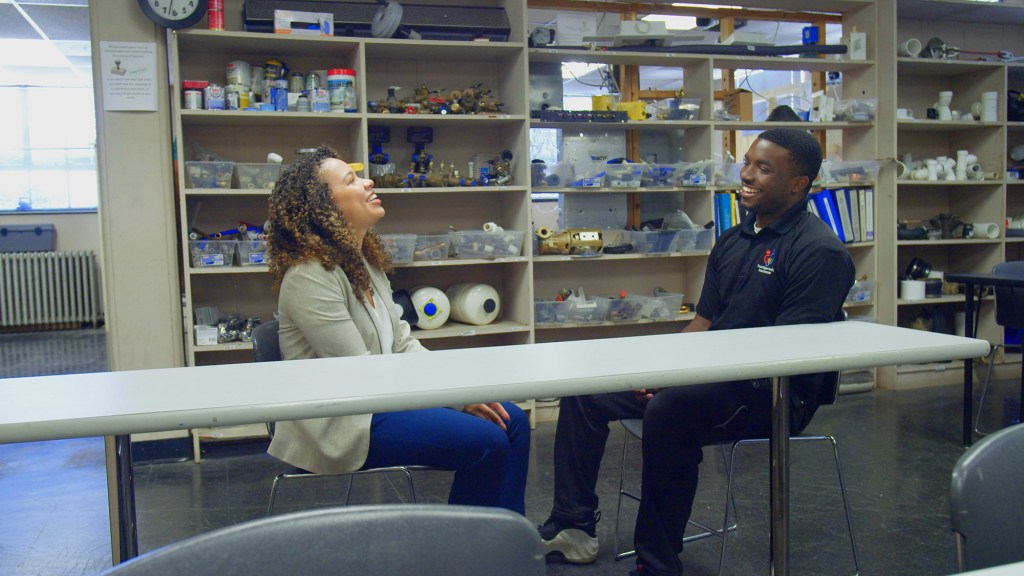
-
National parks’ economic benefits put at over $100B annually
A new economic analysis of the U.S. National Park system puts its value to Americans at more than $100 billion, a figure that dwarfs the financially strapped agency’s $2.5 billion budget and underpins a call to change how what has been called “America’s Best Idea” is financed.
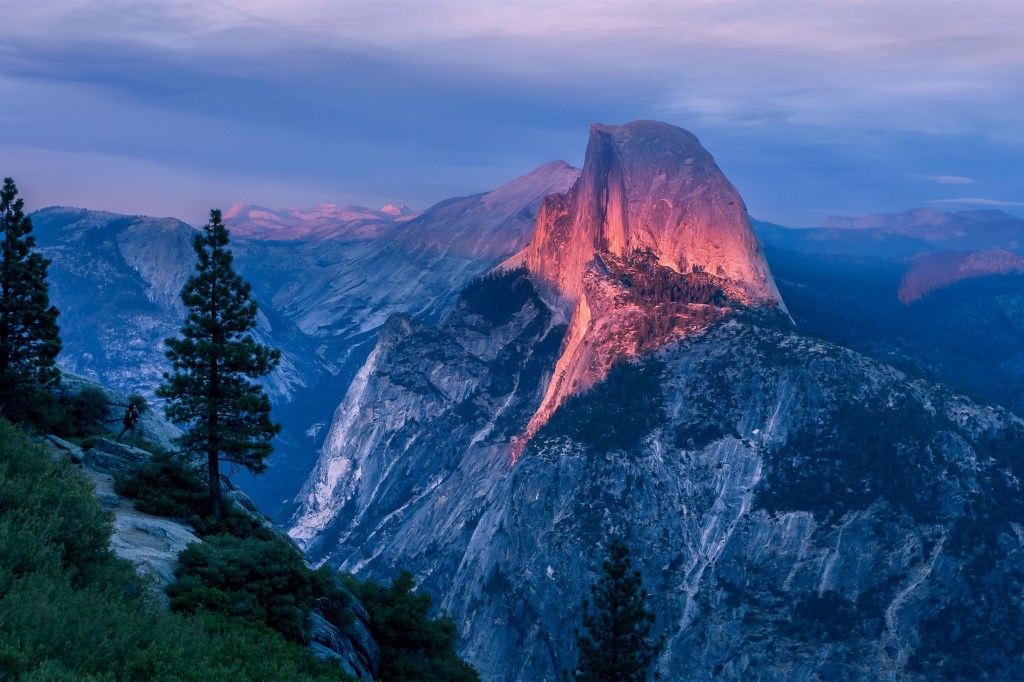
-
An ounce of prevention
Jim Langford is the president of the Georgia Prevention Project, the MillionMile Greenway, and the Coosawattee Foundation. For the past decade he has been raising awareness about the rising drug epidemic in his state.
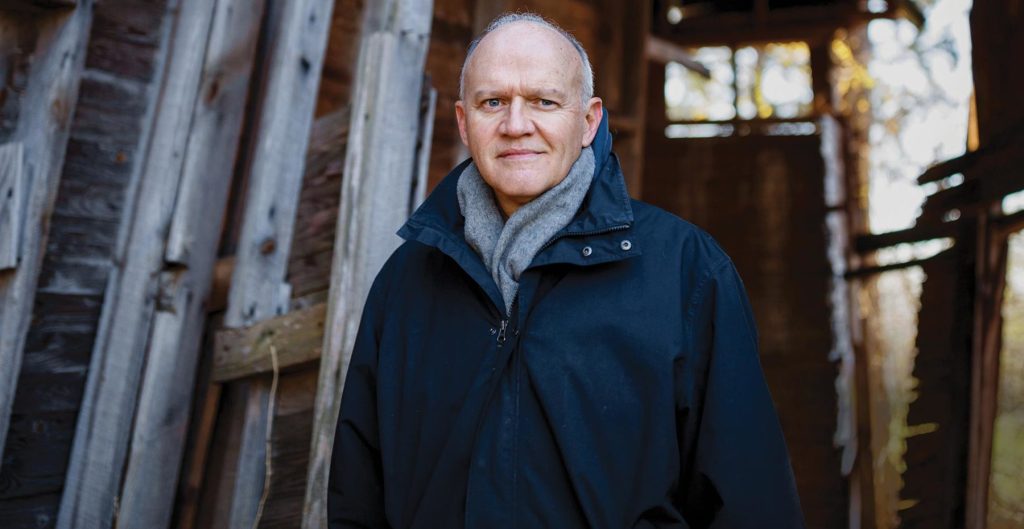
-
Emerald city
Alexis Wheeler founded the Harvard Club of Seattle Crimson Achievement Program (CAP) to help illuminate the path to college for high-potential high school students from Western Washington school districts that serve predominantly low-income populations.
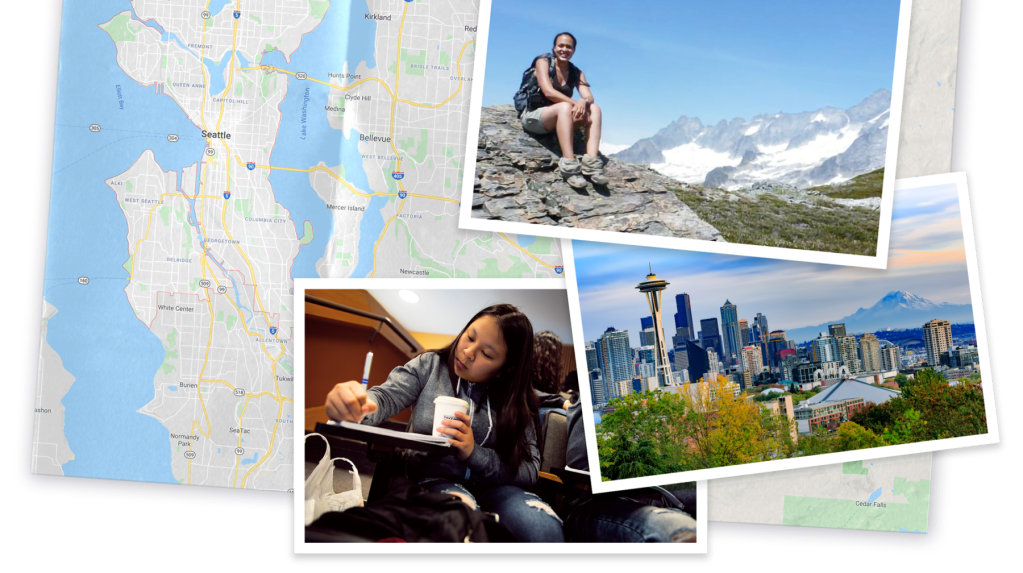
-
Mail priorities
Madelyn Petersen explored her passions for business and human rights and community lawyering at Harvard Law School. She is currently interning with the Corporate Accountability Lab in Chicago before starting a clerkship with the U.S. District Court for the Southern District of Florida.
